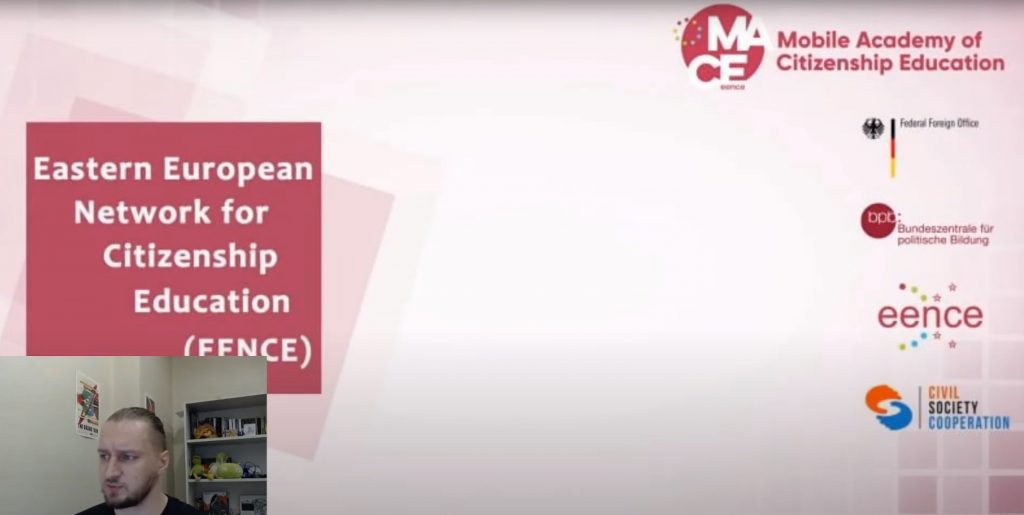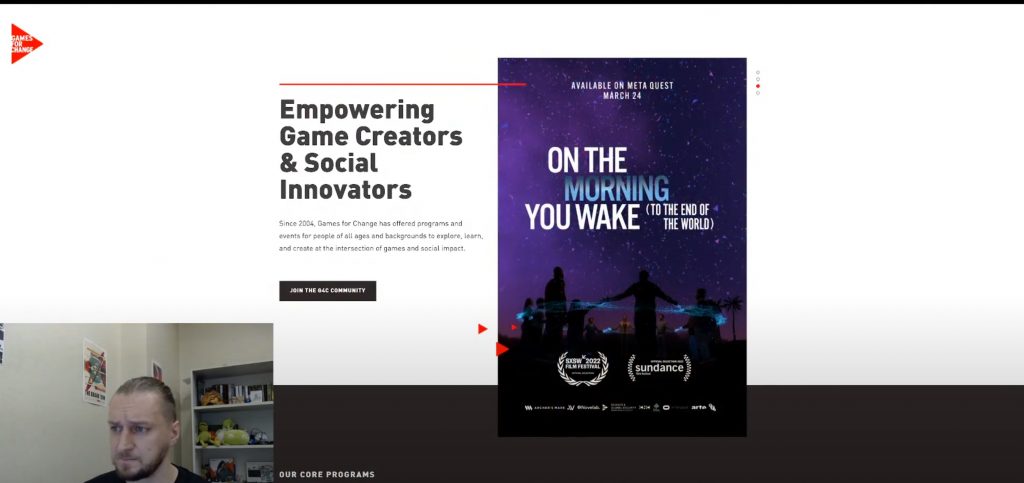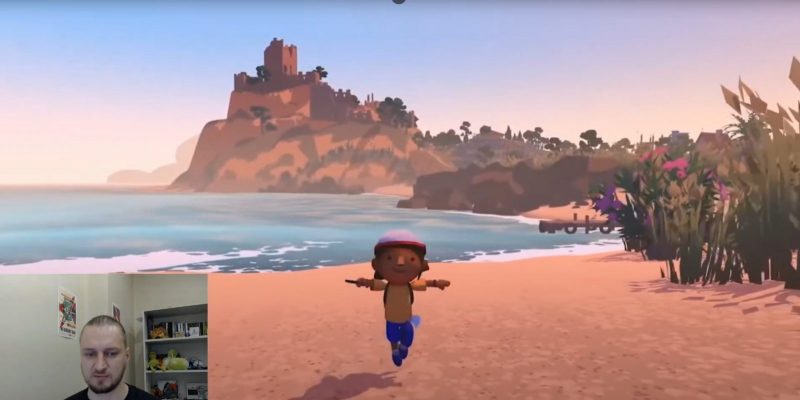Video games as a tool for civic education and activism
That was the name of the hakatok, which took place on October 3-5, in Sumy (Ukraine) as EENCE satellite workshop. The event took place in an online format.
Video games are gradually becoming the basic cultural tool of modern society, just as the civic theater, sacred theater, balls, cinema, etc. once were.
Video games are becoming not only the main tool for entertainment, but also the main artistic, educational and communicative tool, and perhaps even the main tool for professional implementation. Civil society is actively using this tool to solve its problems: activists and educators are increasingly using video games in their work. After all, it is much easier to achieve goals in the process of developing civil society if you go halfway with people, using their familiar environment and language.
Hackathon “Video games as a tool for civic education and activism” consisted of a series of lectures and practical exercises on the role of games in civic education and focused on the participation of adult citizens. The classes were held for 3 days. Lecture blocks of the hackathon started at 18:00 and lasted until 20:00, and practical tasks were performed by participants from 20:00 to 22:00.
The first block was devoted to the phenomenon of “serious games” as a direction in the gaming industry. We analyzed the key events (conferences, competitions) that bring together game developers, civil activists and teachers. We also analyzed the best cases of “serious games” in various fields: education, psychology, ecology, inclusion, etc.
The second block was devoted to the role of video games in modern wars – how games help draw attention to the suffering of civilians, how games teach survival skills in emergency situations, how games help collect donations, change attitudes towards internally displaced persons. Even during social cataclysms, despite the complexity of the production cycle, games show themselves as an effective tool for the protection and development of civil society.
The third block was devoted to practical advice and recommendations for activists and educators on creating video games to meet the challenges of civil society.
The goal of the hackathon was to strengthen the dialogue and partnership between various stakeholders in the development of interactivity and effectiveness of online civic education and to find new digital tools for the development of civic education. The hackathon brought together over 30 participants, including civic education experts and partners, as well as video game developers. During the event, micro-groups of experts in game development and civilian experts were created, who prepared ideas for creating future games. It is expected that in the future these groups will create their own game projects, which will be integrated into the system of civic education. The hackathon used such practices and approaches as: gamification, horizontal communications, democracy. The organizers and participants considered this format interesting and effective.

The event was organized by the Public Organization “Center for Lifelong Learning“. The organization has a non-profit status and was created by representatives of various spaces of formal and non-formal education in the city of Sumy (Ukraine) in 2018.
The purpose of the Organization is: to conduct educational, scientific, cultural and educational activities to promote the development of a developed democratic civil society, the creation and dissemination of the best practices of alternative forms of education (primarily non-formal education), the formation and development of a system of education throughout life and adult education in Ukraine, the formation of a society that learns throughout life, as well as the implementation and protection of rights and freedoms, the satisfaction of public, in particular, educational, economic, scientific and technical, innovative, informational, social, cultural, sports and other interests of citizens.

The hackathon is a satellite event of the Citizenship Education Forum, which will be held in Moldova on October 21-22.
EENCE Forum “Rethinking Citizenship Education” is organised by the The Eastern European Association for Citizenship Education and The Association of Children and Youth “Mostenitorii” (Moldova) with the support of the Federal Agency for Civic Education (bpb) at the expense of the German Ministry of Foreign Affairs.
The EENCE network was established in 2016. The network brings together more than 100 organizations and experts in promoting citizenship education and democracy in the Eastern Partnership countries and Russia.
Within the framework of the Network, about ten thematic groups work annually and implement their projects related to various aspects of civic education.
The network also hosted the Citizenship Education Summit (2019), and Citizenship Education Weeks (2020, 2021).


